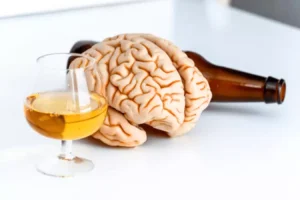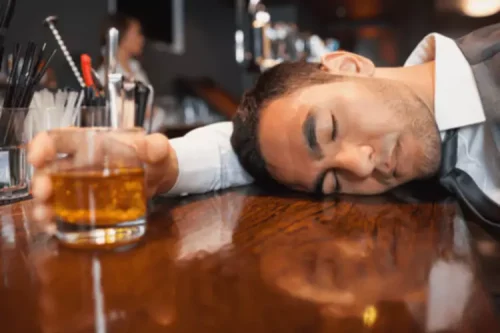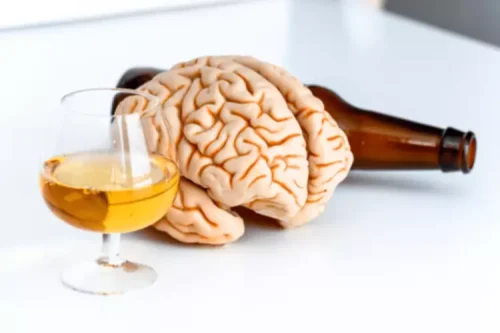
In many accounts, accepting the visual phenomena helps patients learn to ignore them. Talk therapy is also recommended, especially when HPPD is co-morbid with anxiety and depression. Therapy, especially cognitive behavioural therapy (CBT), can help patients reduce the anxiety that can make HPPD symptoms worse, redirect their attention, and improve their mood. Avoiding drug use, seeking therapy, staying connected to support systems, and practicing stress-reducing techniques can help manage HPPD symptoms. Alleviation of symptoms for patients with HPPD has been reported with pre-synaptic α2 adrenergic agonists, such as clonidine2. Benzodiazapines may also be used to eliminate HPPD I and significantly reduce the severeity of HPPD II11182122.
Publication types

The psychedelic trip is likely caused by the way psychotropic compounds bind with 5-HT2A serotonin receptors. However, more research is needed to understand exactly how hallucinogens work. Trying mindfulness, yoga, or meditation may help to reduce stress and anxiety.
The Perception Restoration Foundation

Hallucinogen persisting perception disorder (HPPD) is a rare condition that can affect individuals who have used hallucinogenic drugs. It can lead to ongoing visual disturbances and perceptual changes even when the drug has worn off. While the exact causes of HPPD are not fully understood, it is believed to result from alterations in brain function triggered by hallucinogen use. If you are experiencing persistent visual disturbances after using hallucinogens, it’s important to seek medical help for proper evaluation and management.
- They recur over time but eventually resolve without treatment.
- Read on to learn more about this phenomenon, why it happens, and how a person might experience it.
- While flashbacks are sometimes common, HPPD is considered rare.
- With HPPD, you re-experience the visual aspects of a drug trip, even though you haven’t taken any kind of substance in months or even years.
- While there is no known cure for HPPD, various treatment options, including psychotherapy, medication, and lifestyle modifications, can help individuals manage the symptoms and improve their quality of life.
- In some cases, the condition becomes chronic, while in other instances, people can suppress the feelings and function normally.
What Are the Symptoms of Hallucinogen Persisting Perception Disorder?
They may feel angry with the individual for using drugs and benefit Halfway house from individual or family talk therapy with a mental health professional to work through their emotions. The mental disorder affects a small percentage of people with a history of psychedelic drug use. The number of people who experience flashbacks shortly following the use of hallucinogens can range from 5% to 50%, but research estimates that between 1% and 3% of people will develop HPPD. Signs of HPPD include visual disturbances like seeing halos or trails, as well as emotional changes and anxiety. Other common symptoms include anxiety, panic attacks, and depersonalization. Some individuals may also have difficulty concentrating or experience memory problems.

What Is Hallucinogen Persisting Perception Disorder (HPPD)?
In general, alcohol and other drugs can worsen symptoms of HPPD. They believe hallucinogens may inhibit systems in the brain that constantly filter signals that affect our perception. The brains of people with HPPD may be unable to filter unnecessary signals, causing visual distortions, according to a 2018 article in the journal Brain Sciences. This study examined 123 individuals who had used LSD and experienced ongoing hallucinations following their psychedelic trips. Dr. Natale seeks to empower individuals with knowledge, fostering a greater understanding of mental health and encouraging a proactive approach to well-being. Treatment may not lead to complete recovery, and patients, especially those with Type II, must learn to cope with the visual disturbances.

What are flashbacks?
- Although data is limited, research shows only 4% to 4.5% of people who take hallucinogenic drugs get it.
- Therapy, especially cognitive behavioural therapy (CBT), can help patients reduce the anxiety that can make HPPD symptoms worse, redirect their attention, and improve their mood.
- Hallucinogens are drugs that cause a person to perceive things that do not exist or are not present (hallucinations).
- Focal epilepsy, a condition that affects the nervous system, causing seizures on one half of your brain that lead to hallucinations, flashing bright lights, or other visual changes.
- This is especially true if you experience these episodes frequently.
Dr. Nelson has worked in the behavioral health field for more than 22 years. He has served as a clinical director, clinician, and supervisor for mental health pro- grams in acute, sub-acute, and outpatient facilities, and in primary care. As a result, it’s important to develop a plan of action to respond when they do. The alterations in brain activity may be due to shifts in levels of the brain chemical gamma-aminobutyric acid or GABA. Prescription drugs don’t cure the disease, but they may help alleviate some symptoms.
Product Reviews
One of the current hypotheses hppd symptoms suggests that anxiety may not only amplify existing visual disturbances but could also potentially trigger these visual phenomena. Many individuals with HPPD report that their visual distortions become more pronounced or even emerge during periods of heightened anxiety or stress. This indicates that anxiety may play a role in both the onset and intensification of these symptoms, making them more noticeable or cognitively magnifying the perception of such disturbances. Hallucinogen Persisting Perception Disorder, as defined by the DSM-5, is specifically caused by hallucinogenic drugs, primarily but not exclusively by LSD (lysergic acid diethylamide). The disorder occurs in about 4.2 percent of people who take hallucinogens.
